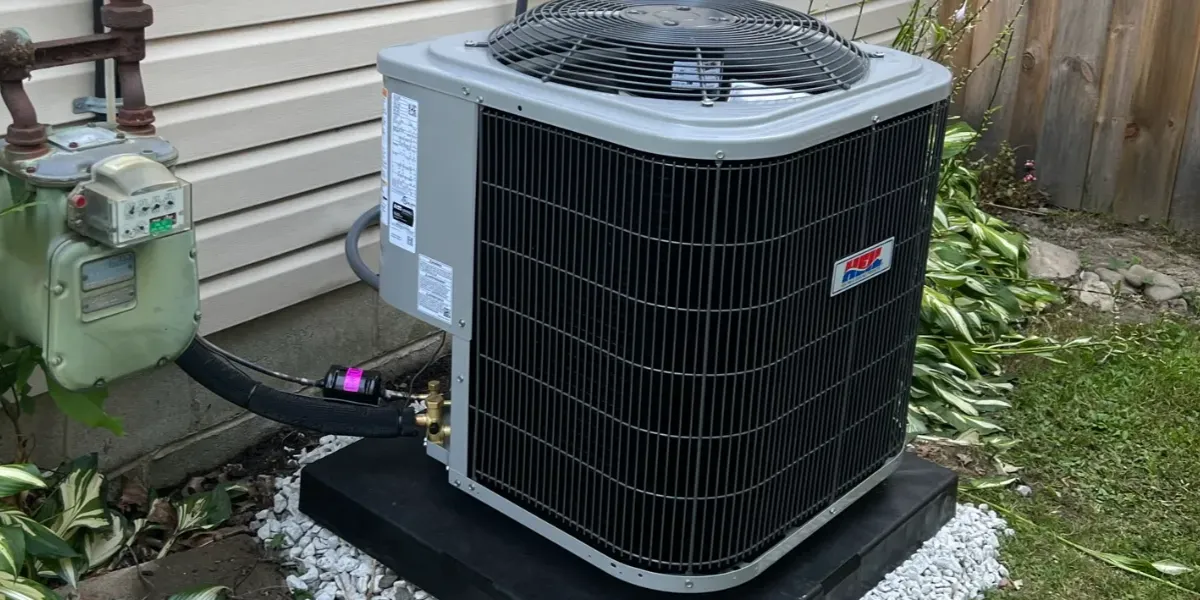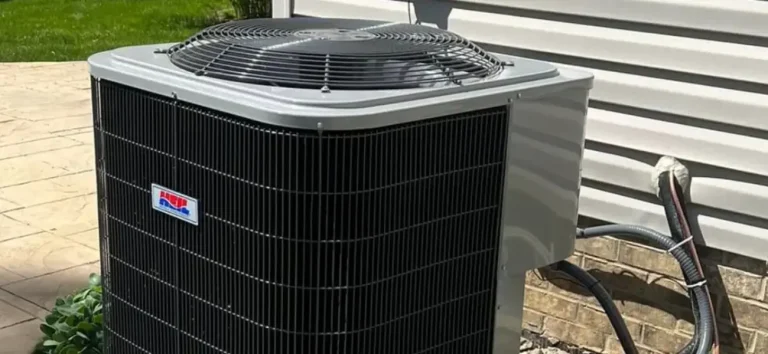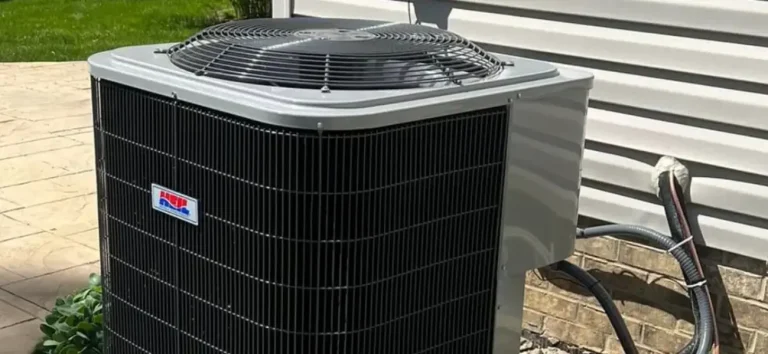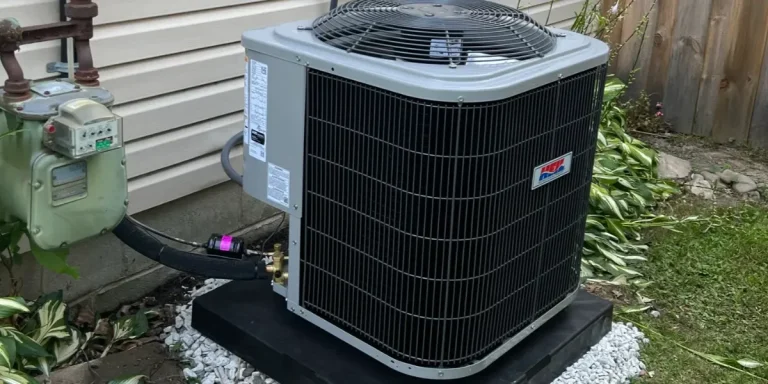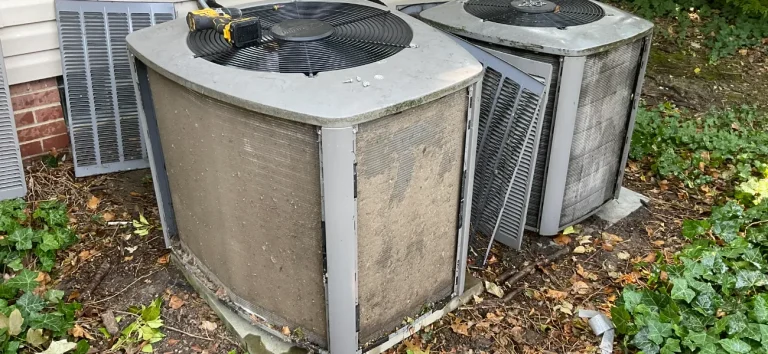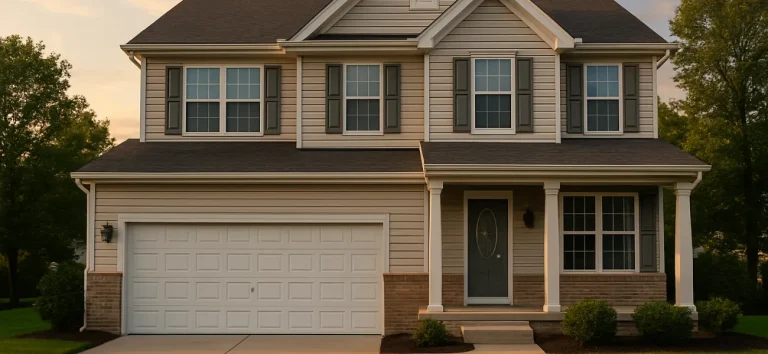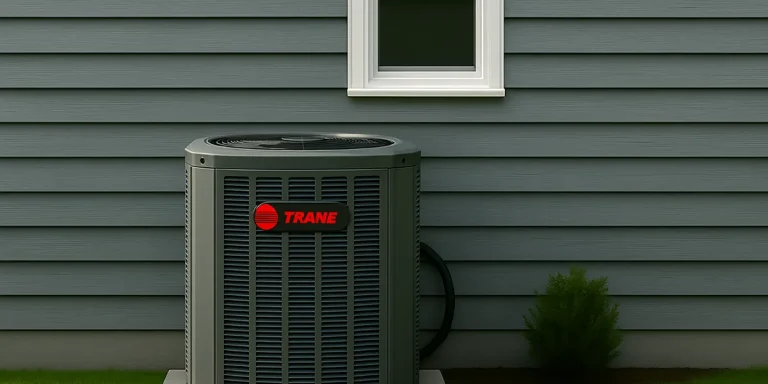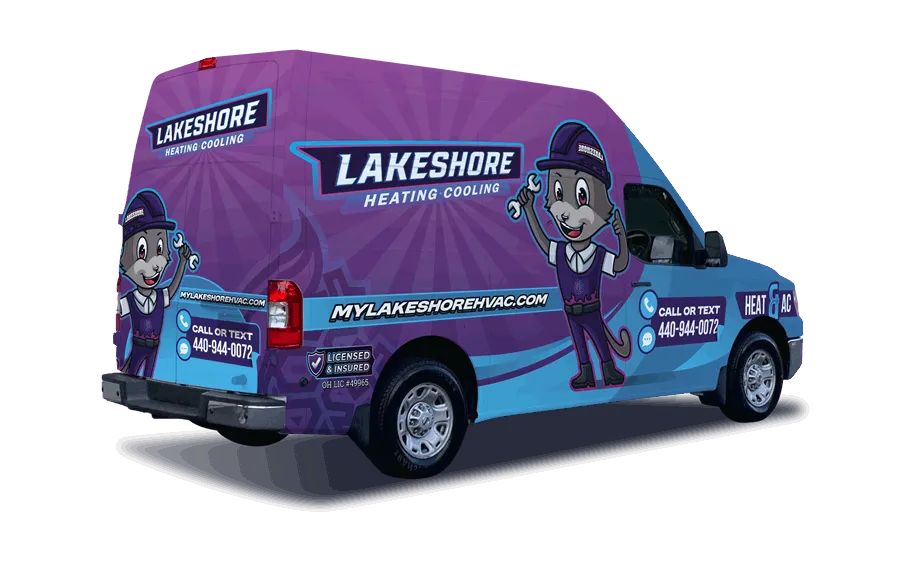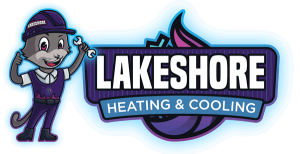How to Tell If Your AC Compressor Is Failing
Your air conditioner’s compressor is often referred to as the “heart” of your HVAC system—and for good reason. It’s responsible for circulating refrigerant and maintaining the cooling cycle. When it starts to fail, your AC can’t properly cool your home, and energy efficiency plummets. But how can you tell if your AC compressor is going bad?
If you're a homeowner in Eastlake, Ohio or the surrounding areas, this guide will help you spot the warning signs early and know when to call for professional HVAC service.
Why the Compressor Matters
The compressor plays a critical role by compressing refrigerant and sending it through the system. Without it, the entire cooling process breaks down. A failing compressor not only compromises your comfort—it can also lead to expensive system repairs or even a full AC replacement if ignored.
Common Signs Your AC Compressor Is Failing
A failing compressor doesn’t always stop working all at once—many issues begin subtly and worsen over time. Knowing the early warning signs can help you avoid a complete system breakdown and extend the life of your air conditioner. If you notice any of the following symptoms, it may be time to schedule professional HVAC service with Lakeshore Heating & Cooling.
1. Warm Air Blowing from Vents
One of the most obvious signs of compressor trouble is when your AC is running, but the air coming out feels warm or not as cold as it should be. This usually points to a failure in the refrigeration cycle, which the compressor plays a central role in.
Possible causes:
-
-
- Low refrigerant levels due to a leak
- Compressor motor failure or electrical issue
- A seized compressor that’s no longer circulating refrigerant
-
This issue can worsen quickly, especially during peak summer temperatures in areas like Willoughby and Painesville. If caught early, a targeted repair can restore cooling and prevent a full replacement.
2. Loud or Unusual Noises
Your outdoor unit should operate with a steady, low hum. But if you’re hearing loud, unusual noises, it’s often a sign that internal compressor components are loose, damaged, or wearing out.
Noises to listen for:
-
-
- Grinding: Worn-out bearings or internal metal-on-metal contact
- Buzzing: Electrical issues, such as failing relays or motor windings
- Clicking: Malfunctioning starter relay or control board issues
-
If your AC starts sounding different than usual, don’t ignore it—unusual noises often mean expensive damage is right around the corner.
3. Circuit Breaker Keeps Tripping
Repeated circuit breaker trips from the outdoor unit are more than just an annoyance—they’re often a sign of an overworked compressor. When the compressor draws too much power, your electrical system trips the breaker to prevent overheating or fire.
What this might indicate:
-
-
- An overheating compressor struggling to start or run
- Internal electrical short in the compressor
- Failing start capacitor or contactor pulling excessive amperage
-
You should never keep resetting the breaker without resolving the root issue. It’s a fire hazard and can cause long-term damage to your system. Our technicians can diagnose whether it’s the compressor or a related electrical component causing the problem.
4. AC Struggles to Start or Stay On
When your compressor begins to fail, it may struggle to start at all or cycle on and off unpredictably. This inconsistent operation is known as hard starting or short cycling and can rapidly reduce system efficiency and comfort.
Related symptoms:
-
-
- The outdoor unit takes several tries to start up
- Your AC turns off after just a few minutes, before reaching the set temperature
- The compressor motor hums but doesn’t fully engage
-
Short cycling also leads to increased wear on parts and rising energy bills—another reason to call in a pro before the compressor burns out completely.
5. Reduced Cooling and High Energy Bills
A compressor that’s wearing out will often still run—but poorly. If your AC seems to be working overtime just to maintain a moderate indoor temperature, the compressor could be struggling to maintain proper pressure in the refrigerant cycle.
Efficiency issues include:
-
-
- Longer and more frequent cooling cycles
- Hot and cold spots throughout the home
- Sudden increases in utility bills with no change in usage habits
-
If your AC system is over 10 years old and you’re seeing these signs, you may be better off replacing the compressor or considering a new energy-efficient AC installation. Lakeshore Heating & Cooling can help you compare options and decide what’s most cost-effective for your home in Eastlake or Mentor.
What Causes Compressor Failure?
While compressors are built to last 10–15 years, a few factors can accelerate wear:
- Lack of regular AC maintenance
- Dirty condenser coils
- Low refrigerant or refrigerant leaks
- Power surges or electrical issues
- Oversized or undersized systems
At Lakeshore Heating & Cooling, we perform detailed diagnostics to pinpoint whether your compressor problem is repairable or if a new AC installation is the smarter investment.
Can a Compressor Be Repaired or Replaced?
If you suspect your AC compressor is failing, the next step is determining whether it makes more sense to repair the issue, replace the compressor, or upgrade the entire system. The right solution depends on several factors—including the age of your unit, its condition, warranty coverage, and the total cost of repairs.
Compressor Replacement
In many cases, replacing just the compressor is possible—especially if:
-
- Your AC system is relatively new (under 10 years)
- The manufacturer’s warranty still covers compressor replacement
- Other major components, such as the evaporator coil or blower motor, are in good shape
Keep in mind: Compressor replacement can still be a significant investment, so we always evaluate the overall condition of your system before recommending this option.
Full System Replacement
For older systems, particularly those 10–15 years old or more, a complete AC replacement may be more cost-effective in the long run. Reasons to consider a full system upgrade include:
-
- Multiple failing parts (coils, fan motors, thermostat issues)
- Outdated technology with low energy efficiency
- Higher energy bills and frequent breakdowns
Newer systems offer improved SEER ratings, quieter performance, and long-term savings—especially when installed by an experienced local contractor like Lakeshore Heating & Cooling.
Minor Repairs That Mimic Compressor Failure
Not every noisy or malfunctioning AC unit has a bad compressor. In many cases, less expensive components are to blame, such as:
-
- Faulty start capacitors or run capacitors
- Worn contactors that prevent proper startup
- Loose or corroded wiring connections
- Thermostat malfunctions affecting compressor signals
Our team provides expert AC diagnostics to pinpoint the issue accurately and avoid unnecessary replacements. If it’s a smaller repair, we’ll fix it fast—often on the same day.
At Lakeshore Heating & Cooling, we proudly serve Eastlake and the surrounding areas with transparent quotes, skilled workmanship, and honest recommendations—whether you need a simple AC repair, a new compressor, or a full system upgrade. Let us help you choose the best path forward based on your comfort, budget, and home energy goals.
Our Service Area
We proudly serve homeowners in:
-
- Eastlake
- Willoughby
- Mentor
- Painesville
- Willowick
- Wickliffe
- Kirtland
- Concord Township
- Fairport Harbor
- Nearby Lake County communities
Call the Experts at Lakeshore Heating & Cooling
Don’t Let a Failing Compressor Leave You Sweating
If your AC isn’t cooling like it used to or you're noticing strange noises, high energy bills, or poor airflow, don’t wait for a complete breakdown. Let the licensed technicians at Lakeshore Heating & Cooling inspect your system and offer fast, affordable solutions.
We provide trusted HVAC repair, AC replacement, and compressor services throughout Eastlake and surrounding towns. Request your estimate today and get your home back to cool, comfortable, and efficient.

